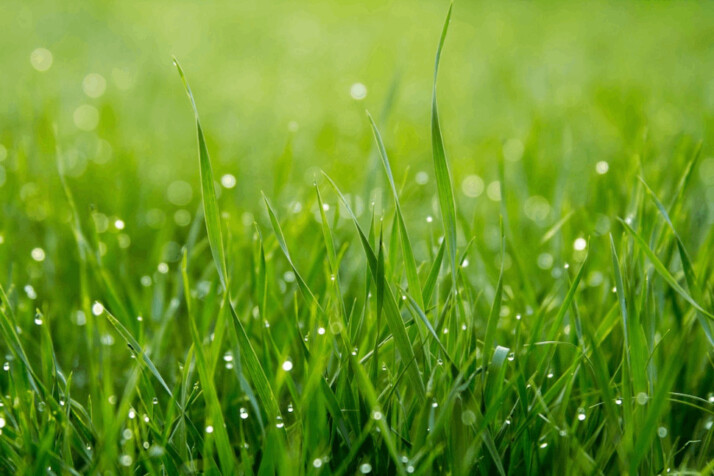Descriptors are words that accompany nouns to describe them. They help to give words more meaning by painting a more vivid idea.
While a noun sufficiently identifies a subject, descriptors help draw focus to the particular characteristics that make a subject worthy of attention. Even grass becomes interesting and noteworthy by using strong adjectives for grass.

For instance, when we say “car,” we understand that we’re referring to a motorized vehicle with four wheels and an engine. However, not all cars are the same. Descriptors help us differentiate and specify a particular subject from its set.
Descriptors do this by providing additional details about a subject:
- Size
- Color
- Shape
- Texture
- Quality
For example:
Instead of saying “the grass,” a descriptor can help you share a trait or quality, such as “the tall grass” or “the sharp grass.”
Descriptors make the English language much more vivid by providing us with a way to give readers a visual description of an object.
What are Strong Descriptors?
Strong descriptors are words that hold more weight compared to normal descriptors. They evoke a sense of urgency, authority, and influence. They replace the format:
Very + normal descriptor
The rationale for strong descriptors is that profound ideas require profound descriptors. Moreover, strong words carry authority and evoke a sense of eloquence and intelligence. Instead of saying “very good,” you can improve your writing by using a strong descriptor such as “excellent” or “exemplary.”
Strong descriptors aren’t difficult to find. Most times, you need only identify a root word and replace it with its suitable synonyms.
The Importance of Strong Descriptors
Our choice of words and manner of speech play a significant role in the impressions we create. An eloquent person is more likely to come off as convincing both in written and oral language. Leaders, lawyers, and orators are prime examples of this concept.
People tend to treat articulate people with more respect. Thus, they are more persuasive than people who use a weak tone.
From a creative writing perspective, strong descriptors are a sure way of immersing your reader into the scene your words create. They are a way to convey a vivid idea meant to capture a reader’s imagination.
For example:
“Wanda gave Ronald a look.”
The sentence provides enough information to represent the idea that Wanda looked at Ronald, but it fails to paint a vivid picture. The sentence leaves a lot to be imagined (and desired)
Now, when you include a strong descriptor:
“Wanda gave Ronald a frightening look.”
The sentence now gives some things that readers can infer from the descriptor:
- That Wanda dislikes Ronald
- That Wanda is not on good terms with Ronald
The best part is that all it took was a single descriptor.
Like seasoning, descriptors can introduce new flavors to the sentences you craft. Even something as mundane as grass can appear interesting when you use strong descriptors. The list below contains a few words you can use to describe grass.
Adjectives for Grass
- Aromatic
- Sweet-smelling
- Moist
- Lush
- Dewy
- Glowing
- Verdant
- Fragrant
- Pleasant
- Green
- Radiant
- Sublime
- Wet
- Damp
- Fresh
- Pure
- Sharp
- Crisp
- Cropped
- Trimmed
- Vast
- Unending
- Immense
- Limitless
- Expansive
In Summary
While this article focused on descriptors for grass, its true goal is to showcase how strong descriptors can make mundane objects like grass interesting.
Learning to use strong descriptors can drastically improve your writing ability and propel your content to new heights. Remember that nothing is too mundane to talk about in the world of creative writing. All you need are strong descriptors and a compelling idea.
Explore All Add Strong Adjectives Articles
Comprehensive Adjective List to Describe a Day
“How was your day?” you’ve probably been asked this question dozens of times. And it can be hard to find…
The Best Adjectives to Describe a Hardworking Person
Indeed, there are words that people use to cheer someone up. If you are trying to boost the confidence of…
The Best Descriptive Words for Emotions
Do you want to describe you what you feel through the exact words? Are you eager to let other people…
An Lesson Guide About Descriptive and Limiting Adjectives
Whenever you write an article or essay, adjectives will never disappear from your text. You will always use descriptive and…
Colorful Adjective Examples Worth Considering
The English dictionary is one of the most reliable writing guides, consisting of various words used to describe the shade…
Learn the Best Adjectives to Describe Things
Are you thinking of the best words to use when trying to distinguish the characteristics of one noun from another?…
